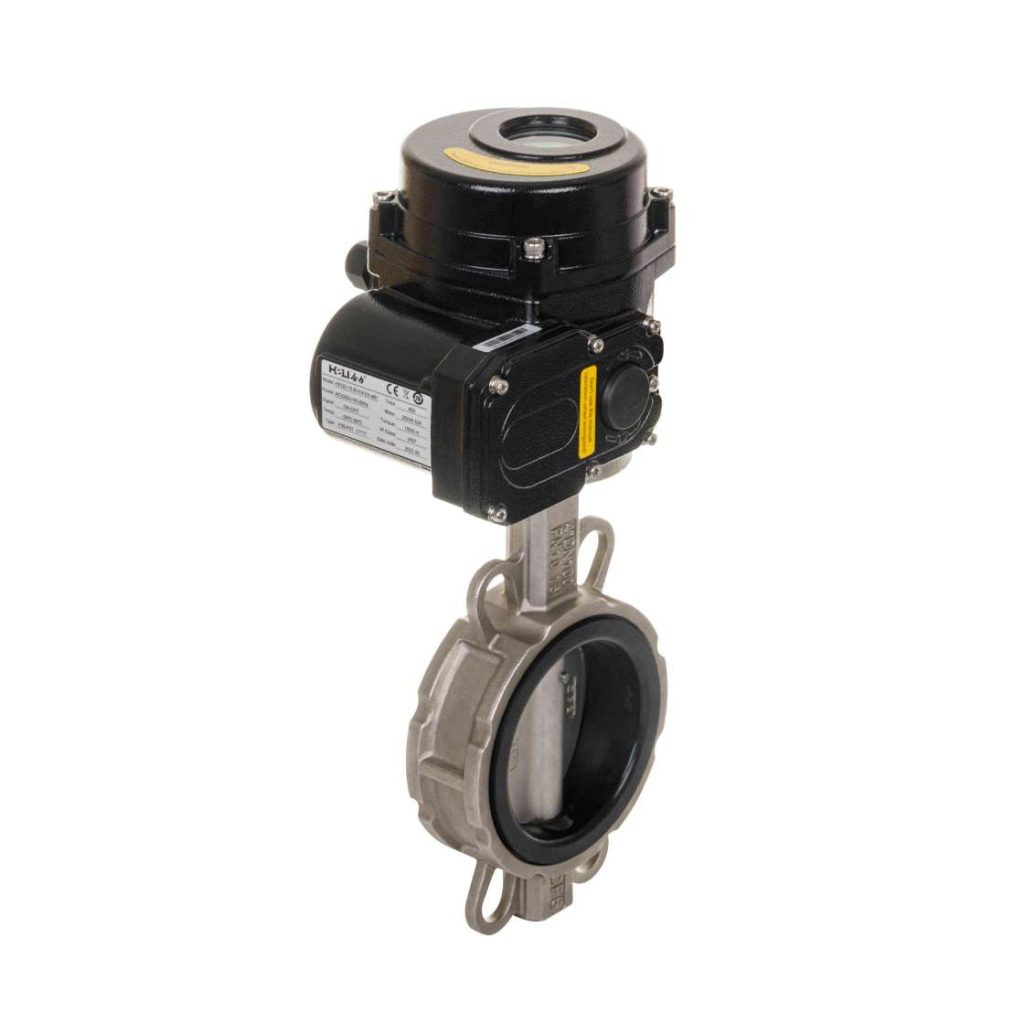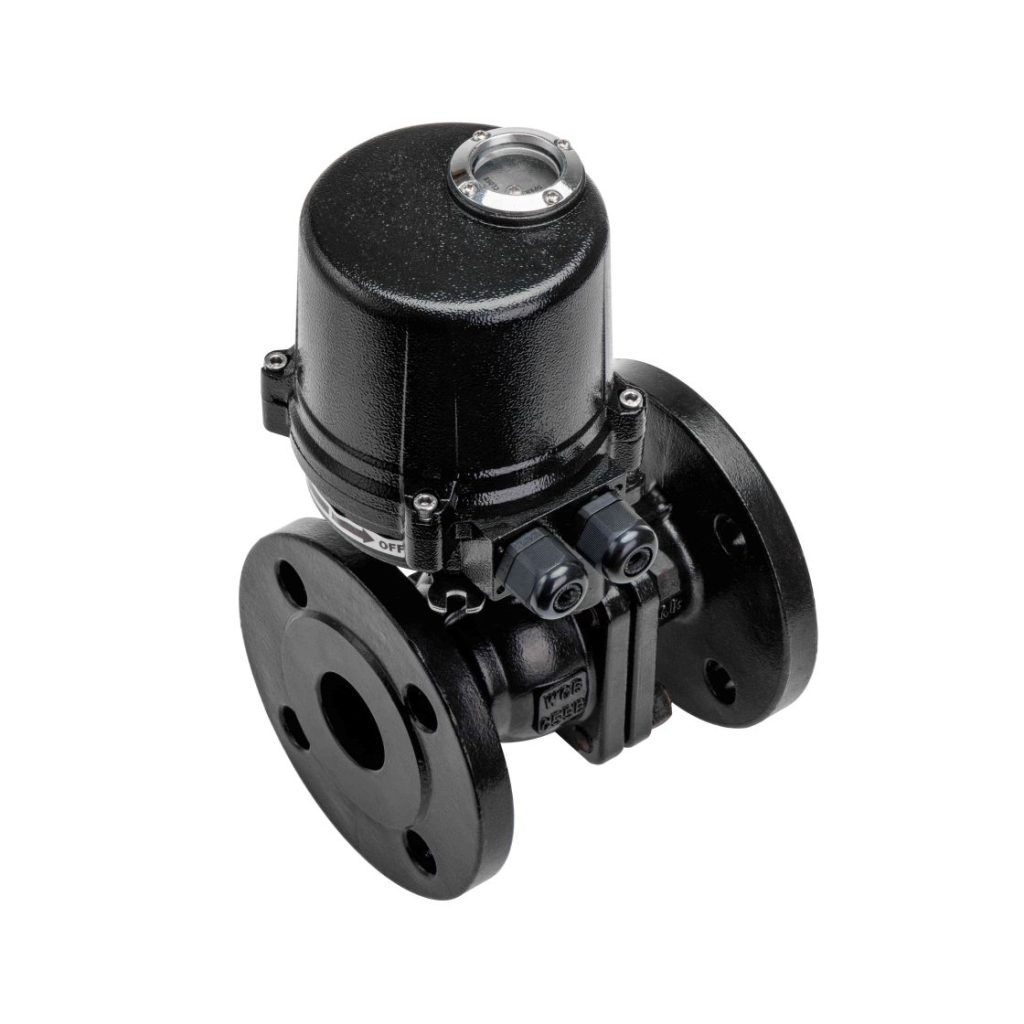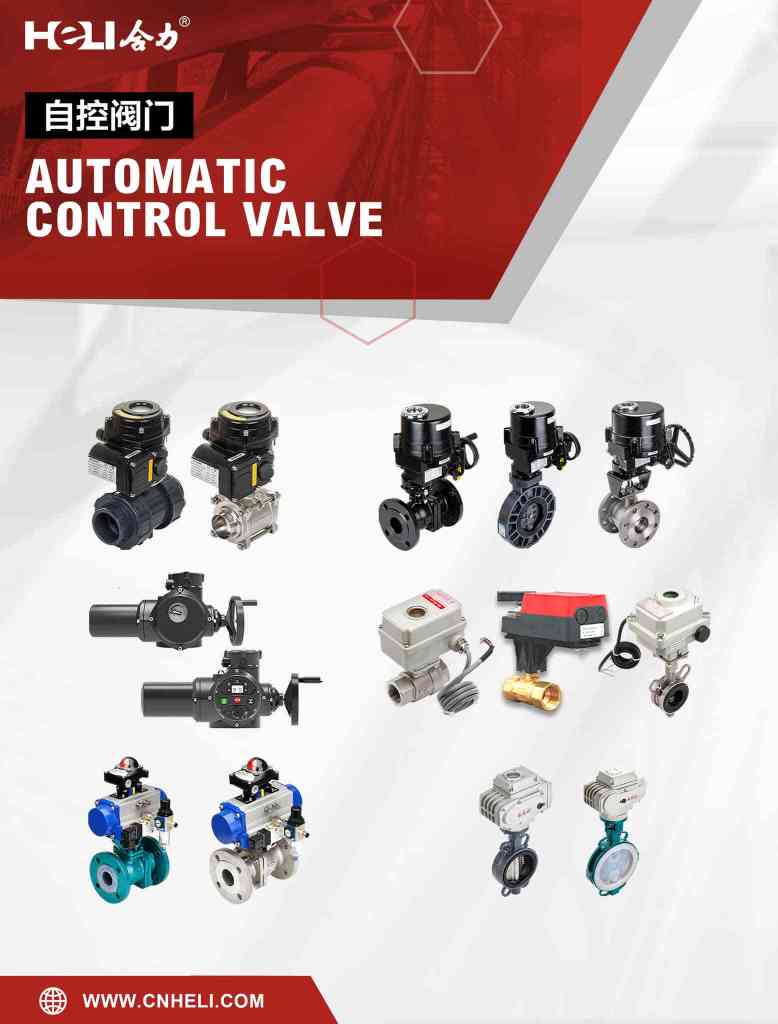Electric valves are crucial components in various industrial processes and systems, serving as the vital interface between control systems and fluid mechanics. These devices enable the automated control of fluid flow in pipelines and other applications, providing precise and reliable operation. In this article, we will explore the function, types, and applications of electric valves, enhancing our understanding of their importance in modern engineering.

Function of Electric Valves

Electric valves operate by converting electrical energy into mechanical movement, allowing for the regulation of fluid flow. They are typically controlled by a control signal from a controller or a programmable logic controller (PLC). When the signal is received, an electric actuator opens or closes the valve to either allow or stop the flow of fluids, such as water, gas, or oil. One of the most significant advantages of electric valves is their ability to provide quick response times, facilitating efficient process control. This responsiveness is crucial in applications where precise flow control is necessary, such as in chemical processing, HVAC systems, and food production.
